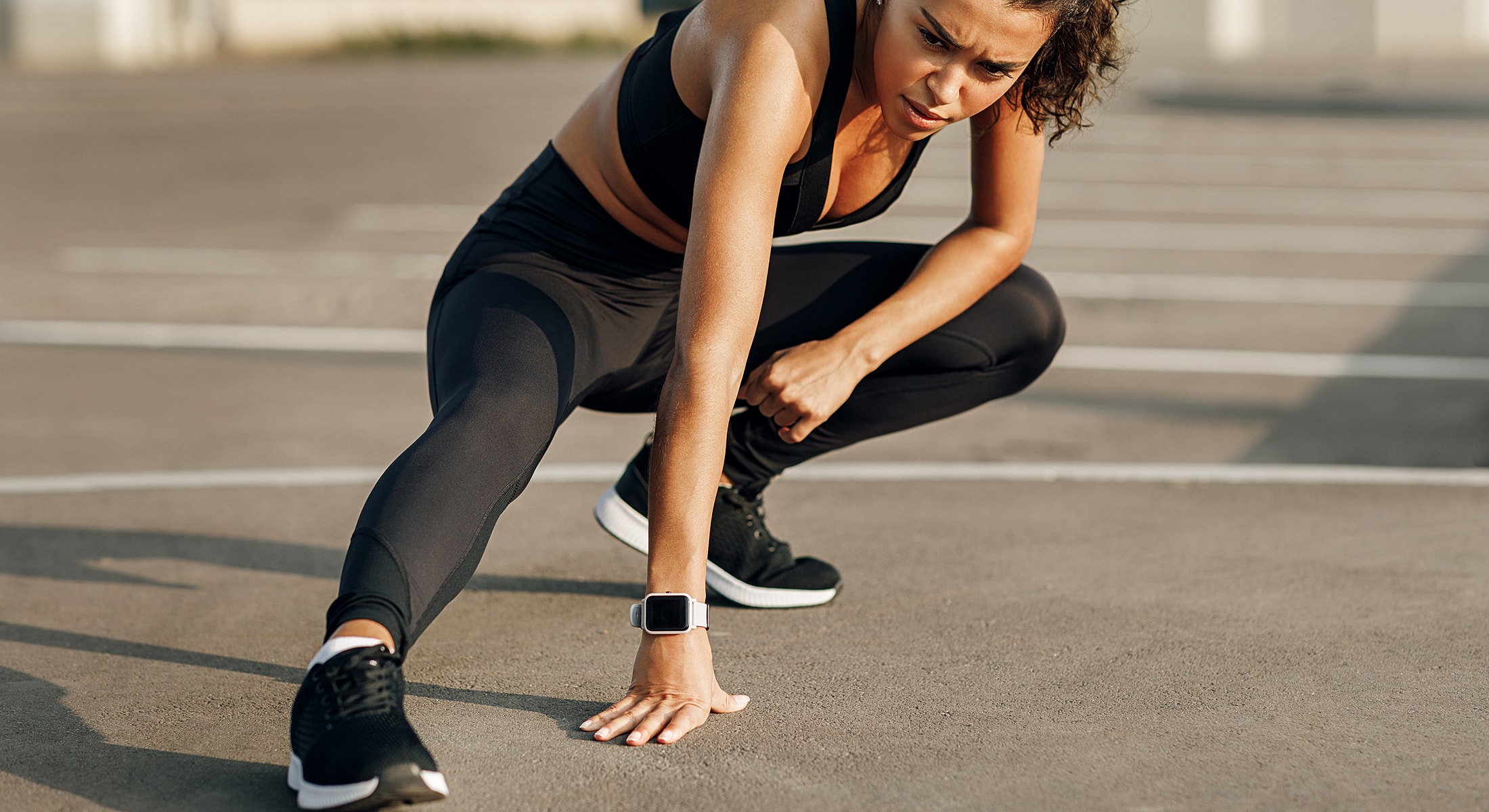





Jeanne Thibodeaux, CN, CES
Certified Nutritionist & Exercise Correction Specialist
Jeanne Thibodeaux is a certified nutritionist and exercise correction specialist trained through the International Sports Sciences Association (ISSA). Working under the direction of Dr. Edward M. Lang, an integrative foot and ankle surgeon and certified nutritionist through Stanford University’s Center for Health Education. Together, they offer a uniquely integrative approach to optimizing foot health and overall wellness.
Their personalized nutrition programs emphasize an ancestral diet—rich in clean, high-quality proteins, healthy fats, and complex carbohydrates—to support healing, mobility, and metabolic balance. Jeanne collaborates closely with Dr. Lang to help patients prepare nutritionally for surgery and accelerate post-operative recovery.
At New Orleans Podiatry, Jeanne combines evidence-based nutrition with a deep understanding of movement and biomechanics to help patients achieve lasting strength, balance, and vitality—starting from the ground up.
“I aim to help my patients achieve a lifetime of optimal foot health by integrating the most advanced, evidence-based therapies with ancestral nutrition. Moreover, optimal foot health is best realized when the feet are connected to a healthy individual.” — Jeanne Thibodeaux
Our Nutrition Membership is designed for patients seeking a personalized, medically guided approach to metabolic health, weight optimization, inflammation reduction, and long-term wellness. Rooted in functional medicine, this program provides continuous expert support and a clear, sustainable framework for eating and living well.
The investment includes a $200 initial consultation, followed by a monthly membership of $99. For New Orleans Podiatry patients, the consultation fee is waived. Membership provides unlimited secure texting for support, accountability, and real-time guidance. Each month, members receive a 40-minute in-person visit devoted to individualized nutrition planning and progress review. Members also receive full access to our private video library, which includes exercise instruction, cooking demonstrations, recipe guidance, and patient education designed to support overall health. Throughout the program, your plan is adjusted based on your goals, lab findings, symptoms, and lifestyle.
Our nutrition philosophy is grounded in a low-carbohydrate, paleo-inspired approach centered around high-quality proteins and healthy monounsaturated fats such as olive oil and avocado oil. This emphasis on clean, anti-inflammatory foods helps stabilize blood sugar, reduce systemic inflammation, and optimize body composition. It also directly supports foot health, improving circulation, nerve support, tissue repair, and overall healing capacity.
Eating an ancestral diet is about eating like our ancestors did thousands of years ago. It means consuming natural whole foods including meats, organ meats, fruits, wild honey, wild-caught seafood, and quality dairy. It’s avoiding nutrient-deficient processed foods, sugars, simple carbohydrates, processed juices, sodas, beer, wine, and alcohol.

Vegetable and seed oils
Refined sugar
Processed soy and meat substitutes
Refined, packaged products
Grains, legumes, and starchy-vegetables

1) Eat for your caloric needs based on height, body type, BMI, and activity level. Eating above your daily caloric needs results in excess weight. I have attached links to two calorie calculators below to help you determine your daily caloric needs: Mayo Clinic Calorie Calculator
2) Complex carbohydrates are kept to around 100 grams per day or less for optimal health. Some athletes do need more. Mushrooms, asparagus, sweet potatoes, spaghetti squash, and fermented vegetables are low in carbohydrates and are excellent choices for good health. Use the app below to track your carbohydrate intake: Carbohydrate Intake APP
3) Do not consume flour, sugar, grains, and legumes; they are associated with inflammation and poor gut health.
4) Drink plenty of clean, filtered water. Drink at least 100 ounces per day.
5) Do not eat processed foods; avoid anything in a wrapper or package.
6) Eat quality proteins and animal fats, including: pastured, free-range eggs and fowl, wild-caught fish, nutrient-dense red meats, rabbit, lamb, deer, elk, bison, and organ meats. Protein repairs tissues, and good fats support the brain.

7) Eat organic berries- they are antioxidants and have a low glycemic index.
8) Eat quality, grass-fed dairy products in moderation. Quality dairy does not include processed cheeses and cheese spreads, which are made with harmful chemicals.
9) Avoid beer, wine, and alcohol; these are primary triggers for gout episodes, inflammation, and neuroinflammation.
10) Avoid seed oils; they are overly processed and can cause inflammation. Use beef tallow, butter, olive, and avocado oils instead.
11) Participate in weight training and twenty minutes of cardio six times per week. The skeletal muscle is the largest organ in the body, and it is essential for burning fat and maintaining healthy biomechanics into our golden years. Cardio is necessary for maintaining heart, vascular, pulmonary, and brain health.
12) I like the research supporting the benefits of intermittent fasting - but it is by no means necessary to achieve optimal health. If intermittent fasting is something you are interested in, the 16/8 method has solid research behind it. It is performed by fasting for 16 hours and eating your daily calories within an 8-hour window. The link below will teach you how it's done. If you have diabetes, speak with your primary physician before starting intermittent fasting
13) Spend time outdoors in the fresh air and sunshine to relax and de-stress.' Grounding, or 'Earthing'—the practice of connecting one's feet to the earth to improve health and reduce inflammation—is supported by twenty-two evidence-based studies; I have included a link to a documentary on earthing below. Additionally, meditation helps relieve stress, reduce inflammation, and restore brain health. Try this free meditation app below.
14) Socialize! Studies show that longevity and good health correlate with an active social life. Connections with friends are essential. Put down your device and enjoy their company. Meetup.com is a great place to locate like-minded people who gather for friendship.
15) Avoid plastics wherever possible. They disrupt hormones and wreak havoc on the endocrine system. Below are one hundred ways to help you live plastic-free.

Step Into a Higher Standard of Foot Health x Whole-Person Care.
This is more than an appointment. It’s the start of a personalized journey toward relief, clarity, and care that feels effortless.
We take the frustration out of healthcare, supporting our patients through every step, from managing prescriptions to providing direct access to our team without the stress.
At New Orleans Podiatry, we deliver concierge-level care that extends well beyond the clinic. Whether it's managing your appointments, clarifying your care-plan, or simply seeking advice from your doctor, your team is in your pocket daily via text.